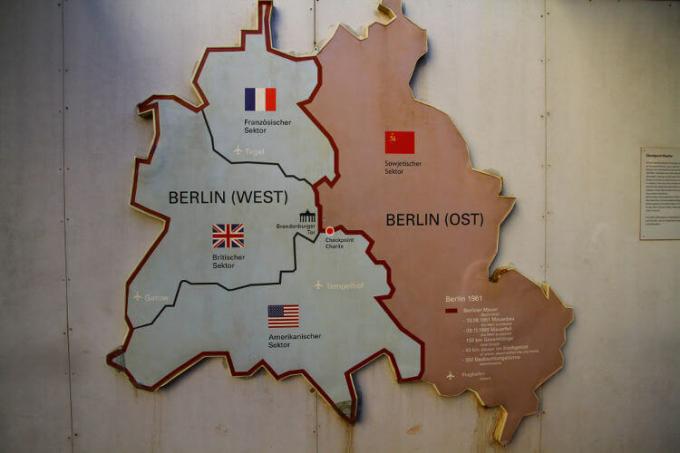Among the factors that caused the Independence of Brazil we can highlight the crisis of the colonial system, the Enlightenment ideas and the independence that took place in English and Spanish America.
Furthermore, the Brazilian agrarian elite itself would benefit from a separation between Portugal and Brazil.
Main Causes: summary
In Brazil, the overcoming of the colonial pact interested the agrarian aristocracy, the dominant class of the colony.
She saw in this the possibility of being definitively freed from metropolitan monopolies and submission to Portuguese traders.

THE Mining Inconfidence (1789) was one of the movements of attempts at colonial freedom.
The development of the region was hampered by the rigors of the commodified policy, which impeded any progress that would benefit the colony.
Among the precursory revolts of Brazil's independence, the Bahia Conjuration (1798), was the one with the most popular characteristics.
The population of Salvador, basically made up of slaves, blacks, free people, mulattos, poor whites and mestizos, lived in a situation of destitution. So they preached a society where there were no social differences.
The Administration of D. João
In 1807, faced with the maneuvers of Napoleon Bonaparte, the Prince Regent of Portugal, D. João, chose to come to Brazil, and thus not lose his crown.
This situation caused a political reversal: Brazil, which was a colony of Portugal, became the seat of the Portuguese government.
On January 28, 1808, six days after his arrival in Salvador, the opening of Brazilian ports to friendly nations was decreed. This meant that any country could trade with Brazil.
This measure pleased the Brazilian rural aristocracy, who could trade without the intervention of the Portuguese and acquire manufactured goods at low prices.
The opening of ports meant the end of colonial pact and could be considered as the first step towards Brazil's political independence.
United Kingdom of Portugal, Brazil and Algarves
In 1815, Brazil was elevated to the category of United Kingdom to Portugal and Algarves. With this, Brazil ceases to be a colony to acquire the same legal status as the metropolis.
This change caused discontent in Portugal, as it revealed that D. João intended to settle in Brazil. Likewise, Brazil became the center of the Portuguese empire.
In 1816, with the death of Queen D. Maria, D. John became king, being acclaimed D. John VI and staying in Brazil.
However, a political emancipation movement erupted with the Pernambuco Revolution of 1817. This fight was based on several factors:
- Dissatisfaction with the collection of heavy taxes;
- administrative abuses;
- arbitrary and oppressive military administration;
- popular dissatisfaction;
- the nativist ideals.
Porto Liberal Revolution
In 1820, with the Porto Liberal Revolution, whose objective was Portuguese autonomy, the promulgation of a Constitution and the resumption of colonization in Brazil. Given these facts, D. João VI returns to Portugal and attributes it to D. Pedro the regency of Brazil.
Then, several measures coming from Portugal pressured the government of D. Pedro, in an attempt to nullify his political, administrative, military and judicial powers and force him to return to Portugal.
The news reverberated like a declaration of war, causing riots and expressions of displeasure.
D. Pedro was invited to stay, as his departure would represent the disintegration of Brazil. O day of stay (1822) was another step towards the definitive break with Portugal.
The events triggered a crisis in the government and ministers loyal to the Cortes resigned. The prince formed a new ministry, under the leadership of José Bonifácio, one of the main supporters of Brazilian political emancipation.
It was established that any determination coming from Portugal should only be accepted with the fulfillment of D. Peter. The latter then heads to the province of São Paulo in search of support for his cause.
Upon returning from Santos to the capital of São Paulo, he receives a mail from Portugal demanding his immediate return to Lisbon. He also receives two letters, one from José Bonifácio and the other from Dona Leopoldine advising him not to accept this order.
Dom Pedro heeds the advice and cuts the remaining political ties with Portugal.
know more:
- Independence of Brazil
- Independence of Spanish America
- Questions about the Independence of Brazil

